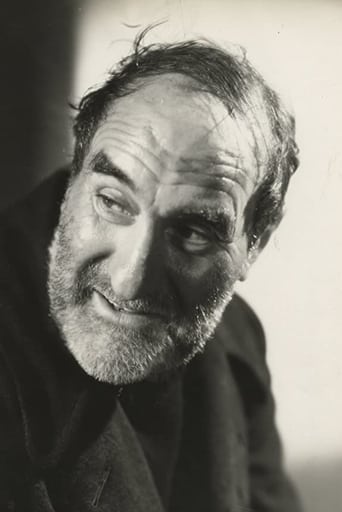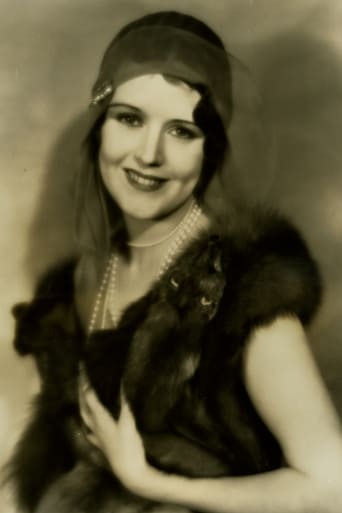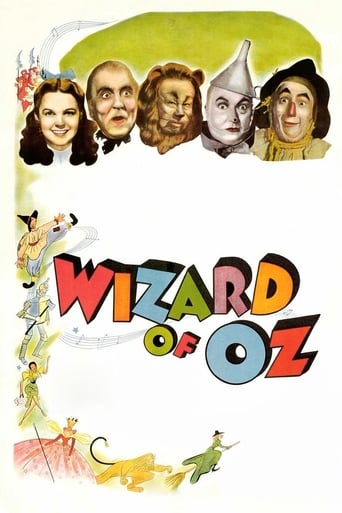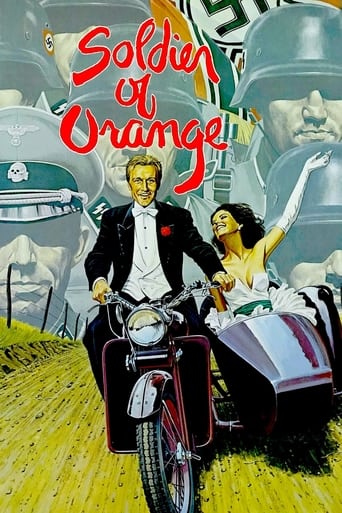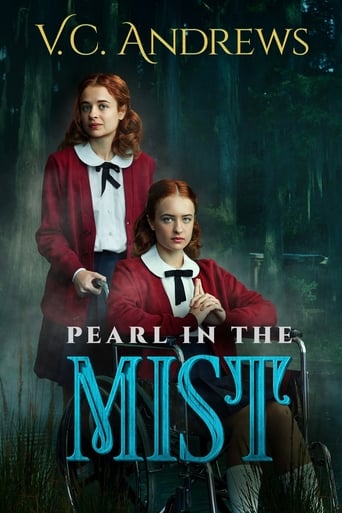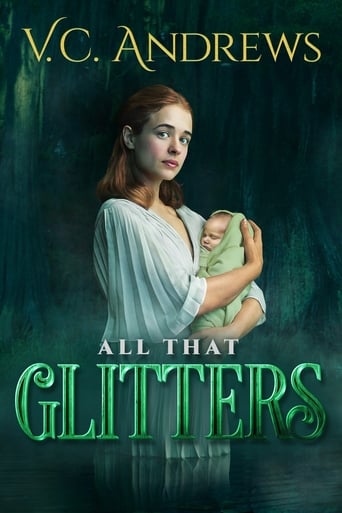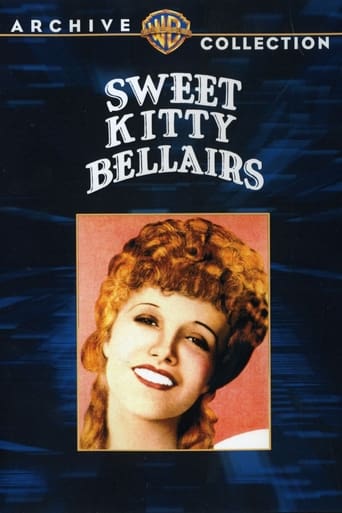

Sweet Kitty Bellairs (1930)
Kitty Bellairs, a flirtatious young woman of 18th Century England, cuts a swath of broken hearts and romantic conquests as she visits a resort with her sister.
Watch Trailer
Cast


Similar titles
Reviews
Wonderful Movie
Such a frustrating disappointment
Slow pace in the most part of the movie.
Just perfect...
It was a real chore to watch this one. The script is silly, the acting is beyond poor, and the musical performances are tedious. There's no charm here; steer clear.
In the very early 1930s, operettas were quite popular. Films like "The Rogue Song" and "Sweet Kitty Bellairs" were just a couple such movies and less than a decade later the style was resurrected with the Jeanette MacDonald and Nelson Eddy films. However, by the mid-1940s the genre was just about dead due to changing tastes and when seen today the pictures come off as very strange and old fashioned. Based on what I've seen, I can understand why they are no longer popular.When "Sweet Kitty Bellairs" begins, a group of rich 18th century folks are heading to the spa town of Bath for a holiday. However, their carriage is waylaid by bandits and the cheeky masked leader decides that instead of stealing all their valuables that he'd just take a kiss from Kitty. While she protests, it's pretty obvious to tell that she is quite taken by this stranger. And, what's also obvious is that the nice man she later meets at the spa is actually the bandit dressed in the fine clothes of a gentleman. What will come of this? See the film (or, better yet, don't).This film was creaky with age and left me very, very bored. Much of the music just put me to sleep but the bad acting made it even worse. Particularly bad was Ernest Torrence who just didn't seem to know how to deliver his lines...though he would improve in later films. Perhaps he just wasn't used to sound films. All I know is that the movie left me very cold and this sort of silly fluff just didn't appeal to me. Far less well made and interesting than a MacDonald/Eddy film.
Altogether lavish, silly, trite and dull...this is the sort of thing that is handled best by Sheridan, Congreve and later by Oscar Wilde. The script lacks the charm and wit of those masters to put it over. Without that it's only very dull trifle, looking good but tasting terrible. The opening chorus is overladen, cumbersome and sluggish like most of the music and acting. Labored and graceless.On the plus side, the sets and costumes are lavish and great fun can be had in seeing a very young Walter Pidgeon in knee britches and periwig warbling his love song, Claudia Dell warbling hers, and then the two of them intertwining their separate songs in a resulting duet. For me, that was the high and sole enjoyable point of this unfortunate enterprise.
Claudia Dell gets a star build-up in this one and although the camera clearly loves her, particularly in mid length profile, this whole movie of an adventuress in the city of Bath is so miscalculated that it is occasionally embarrassing. The performances are pitched for the stage, rather than the movie screen and while this style of light opera might have suited Offenbach and Gilbert & Sullivan, by this period, the only other extant examples are those moments in Marx Brothers movies when Groucho sings "I want my Shirt" to something from CARMEN and occasional revivals of THE STUDENT PRINCE. The best version of that is a silent movie.The whole thing is interestingly shot to look like a Hogarth series and if the music is rarely distinguished, at least "Peggy's Leg" has a little antiquated ribaldry about it. It is fascinating to see Walter Pidgeon as a young man and Miss Dell is lovely. She is reputed to be the model for the Columbia Pictures torch lady.However, the story is that there was such a glut of poor movie musicals in 1929 and 1930 that the public refused to see them, killing the genre until 1933. Looking at this one, I can believe it.


